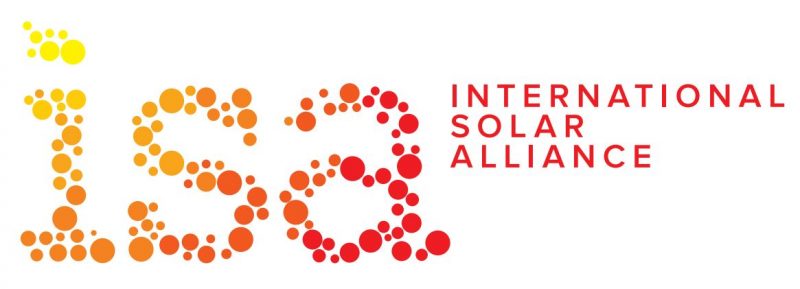

Now as Good as Home
The move by India’s home ministry to exempt the International Solar Alliance, from being classified as a foreign source of funding for non-governmental organisations in India could mean big things. With NGO’s heavily involved in mini grids powered by solar, and increasingly, into distributed solar too, the move could open up a fresh avenue of funding to push those aims further. Interestingly, the significance of the move can be gauged from the fact that the last addition to the exempted list was Global Development Network in June 2011, according to the same officials.
Ever since the existing BJP government led by Prime Minister Narendra Modi came to power in 2014, rules regarding foreign funding for NGO’s have been under relentless tightening, due to the fear of misuse. Unfortunately, collateral damage has been inflicted on all NGO’s, irrespective of the sectors they operate in.
For the ISA, it is yet another marker of the prestige attached by the Indian government to the success of the organisation, as a founding member along with France in 2015. Though launched primarily as a forum for solar rich countries between the tropic of cancer and capricorn, the ISA has, in recent months, spread its appeal to an ever growing number of countries who wish to benefit, or even support its aims. Funding for solar is a critical part of the ISA mandate, with a target to raise a trillion dollars for 1 TW of solar energy by 2020.
Indian officials say the decision was taken as part of India’s efforts to assist and help achieve the goal of increasing the use of solar energy. With 74 of its 121 member countries already having ratified the treaty, the ISA is fast emerging as a key international grouping to push the case for solar, and also enable better coordination between primarily developing countries when it comes to negotiating on other energy linked commitments. With the exemption, it also joins other globally respected multilateral organisations like the United Nations, Intergovernmental Panel on Climate Change, International Labour Organisation, and International Monetary Fund among 109 organisations who benefit from similar exemptions in India.
The order specifies that the funds received by NGOs and other entities from the ISA will not be governed by the FCRA. Prime Minister Narendra Modi and former French President François Hollande had unveiled the ISA in 2015 in a bid to combine the efforts of both countries to work against climate change and adopt renewable energy as a replacement for fossil fuels blamed for contributing to global warming.
Two NGO’s involved with micro grids through solar that we spoke to for feedback expressed hope that this will lead to funding, as well as a more involved approach to off grid solutions.
In a significant move toward advancing green energy and industrial growth in the state, Himachal…
Golabl chemical conglomerate BASF has announced that its now offering the world’s first biomass-balanced polyethersulfone…
In a crucial stint to bolster the biogas sector and sustainable dairying in the country,…
TotalEnergies SE has received approval to proceed with its Middlebrook solar and battery project in…
Andhra Pradesh Chief Minister Chandrababu Naidu has inaugurated the Rs 1,000-crore green hydrogen plant of…
The BITS Pilani has developed an innovative solution for managing landfill leachate, domestic septage, and…